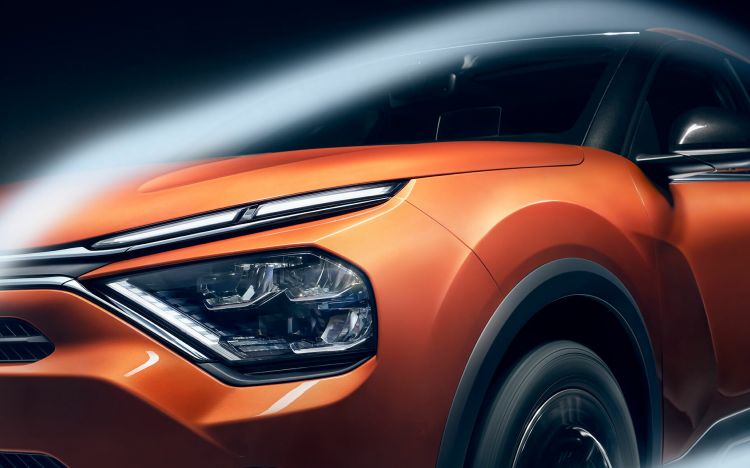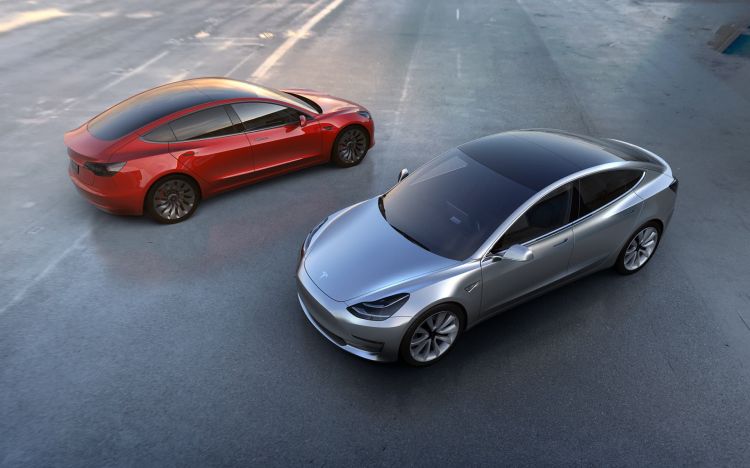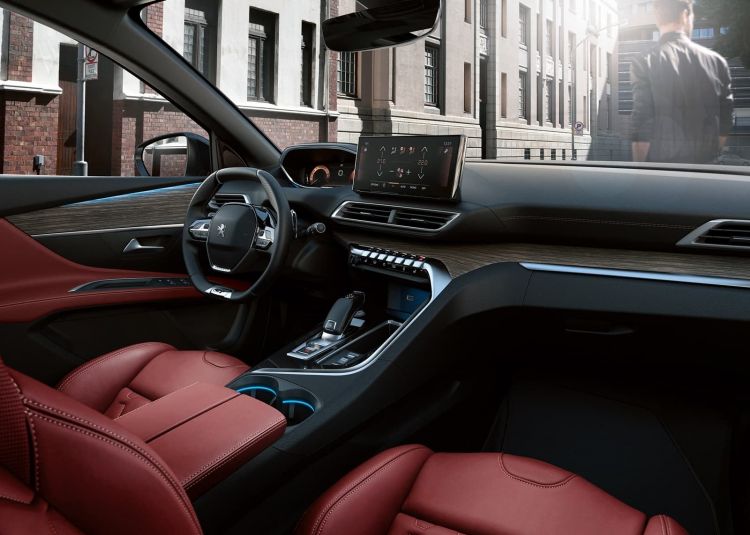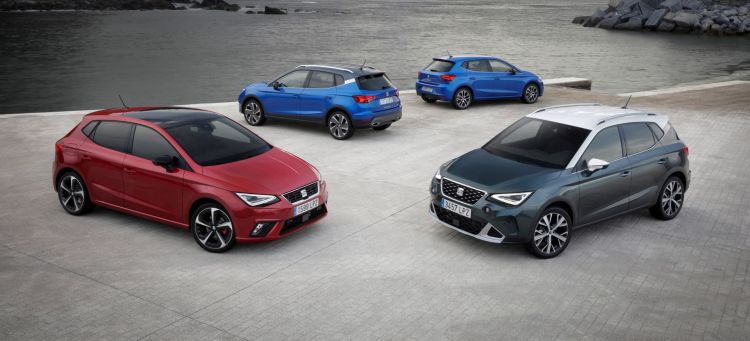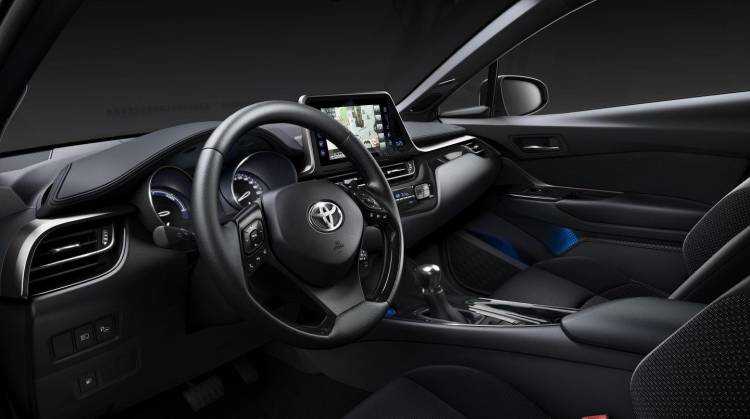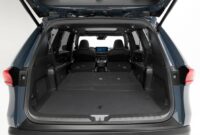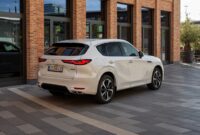There was a time when the first decision we had to make when buying a car went through choose if we wanted it gasoline, or diesel. And most of us Spaniards opted for the latter. Today the number of decisions that we drivers have to make before buying a new car has increased significantly, as have the doubts and dilemmas that we must face. What will happen with traffic restrictions and Low Emission Zones? And the price of fuel? Should I jump to the electric car?
As if that were not enough, new cars – and second hand – are becoming more expensive. And much more expensive if we opt for technologies that are still inaccessible to most drivers, either because of their price, or because of the availability of a garage and a charging point to connect the vehicle, as is the case with plug-in and electric hybrids. .
At this point, and as we will detail in this article, detailing the different options, the real smart buy right now and the one that is likely to suit the needs, requirements and budgets of the vast majority of buyers, is the hybrid car.
diesel no thanks
If it is the option chosen by the majority of buyers, diesel has become the least popular option. Spaniards prefer a gasoline car to a diesel. More cars with different electrification technologies are also being sold than diesel. On the other hand, there are fewer and fewer cars that can be purchased with diesel engines, an option that has already disappeared from many product ranges.
Diesel today only makes sense to cover many, many kilometers on the road, in the order of several tens of thousands of kilometers. And even in that case we would recommend a micro-hybrid diesel and, above all, a gasoline hybrid, which today are already capable of offering consumption very similar to, or slightly higher than, their diesel alternatives.
if i had to give some reasons not to choose a diesel and discard it when buying a new car I would mainly point to two:
- Diesel is facing a shortage that, according to all analysts, will cause diesel prices to rise in the coming months and years. The price of diesel is expected to continue to rise, far exceeding the €2/litre it has reached in many service stations in recent months. A sufficient rise to neutralize the advantage of lower diesel consumption, compared to gasoline, which made many of us choose this option when buying a car. Based on these forecasts, personally I would not risk buying a diesel car at this time.
- The need to reduce diesel emissions has led manufacturers to incorporate all sorts of anti-pollution systems that are expensive, prone to failure and breakdown whose repair in many cases is usually quite expensive and devices that require extra maintenance. Diesels today are not the best option if we want to enjoy some peace of mind and have a minimum guarantee that our car is reliable and will not suffer problems or breakdowns.
Diesels are no longer the best option, also for traveling many kilometers a year
Electric cars, yes, but not for everyone
If you do not have a private or community garage in which to install a charging point the electric one is not your car. If you need to travel frequently and on long-distance journeys, with peace of mind, and without having to plan stops to recharge, electric is not your car. If your budget is tightdirectly you will not be able to afford to buy an electric car.
The electric car offers many advantages and may be the best option, as long as your situation and your needs are outside of the three barriers to accessing the electric car that we have mentioned above. I will not get tired of saying it. If it suits you, and you can afford it, the electric car is one of the best options right now.
But even considering that you are one of the lucky ones who can buy an electric car, it could give you Two reasons which seem valid enough to me how to ask ourselvesAs minimum, Is it a good time to buy an electric car or is it worth waiting a few years?:
- We don’t expect miracles to happen in the next few years, but we do expect many improvements in battery technology used by electric cars that will undoubtedly make the cars that hit the market a few years from now significantly better than the electric cars we can buy today. And, above all, we hope that the availability and variety of electric cars will be much higher in a few years to find the option that best suits your needs.
- Again, let’s not expect miracles. But we do know that electrical technology must become cheaper and, above all, the increase in prices for cars with internal combustion engines will make the price difference less and less. But above all, we hope that a whole series of models will arrive in the coming years, especially electric cars made in china, which will offer a high technological level, an acceptable or even high quality standard, at the level of the best European brands and much lower prices than the current ones. We have the best example in a product that is already available at dealerships, you can buy an electric MG 4 for €19,280much cheaper than a car of its size and gasoline engine like the SEAT León that starts from €22,990.
Electrics are a good option, if they fit your particular situation and budget, but they will be a much better option in a few years.
Plug-in hybrids and the best, and worst, of an electric
Plug-in hybrids seem like a very interesting option, without a doubt, because they will allow you to travel in electric mode on practically all the journeys you make during the week and, if you need it, make long trips without problems on the weekend. But let’s go back to the previous point and two of the three barriers to accessing the electric car that we mentioned. Plug-in hybrids also require having a garage and installing a charging point and are also expensive and not suitable for tight budgets.
As we told you, plug-in hybrids enjoy the best, but also the worst of an electric. When the battery runs out, we will be driving an expensive and heavy internal combustion car, with consumption that is generally – and with few honorable exceptions – usually high.
And finally, and thinking about the purely practical reality, I would like to add Two things to think about before buying a plug-in hybrid:
- To really take advantage of a plug-in hybrid car, you should recharge the batteries practically daily (as many times as you use the car) and make sure they are always full to drive in electric mode. That means connecting your car to the charging point every time you park your car in the garage. If you have a charging point at work, do the same before starting your workday. Continuously depending on a plug to make the most of the limited autonomy offered by these cars.
- If you are not going to make the most of the electric range of your plug-in hybridthat is, connect it to a charging point every time you use it, better to buy a hybrid that is not plug-in.
Gasoline yes, but much better if it is a hybrid
Gasoline is still a suitable option, especially in small cars. But nowadays We are running out of arguments to recommend anything other than a car that has a gasoline engine supported by an electric motorunless our budget is tremendously tight and the only options that fit into it are the cheapest cars on the market, in their most basic versions.
Today there are more and more cars that have micro-hybrid mechanics that, for a little more, they will offer us a moderate consumption and the much-prized ECO label that is always a guarantee for the future. But, above all, there are more and more full hybrids on the market – and not only those offered by Toyota’s extensive hybrid range – which are no longer so expensive compared to their diesel and gasoline alternatives and which offer us more advantages than being able to access Low Emission Zones for a few years, until these are further limited and restrict access to electric cars only.
And this is where I would like to add some of the advantages offered by most hybrid cars that are not always taken into account:
- They are “automatic”. Hybrid cars are excellent for the city, because of their consumption, but also because they usually use automatic (and continuously variable) transmission systems, which will make us stop using a manual gear lever. If we look at the price of these hybrids and that of their automatic diesel or gasoline alternatives, we will see that it is practically the same, or even that the hybrid is cheaper than its automatic diesel counterpart.
- They are a guarantee of little (and cheap) maintenance, durability and few breakdowns. Hybrids tend to use, for the most part, very simple combustion mechanics, without turbos, without complex anti-pollution systems, which will save us problems and breakdowns.
- I don’t like to think about what I can gain (or lose) with it when I sell it, when I buy a car. But with the rise in prices that the market has been experiencing in recent months – which unfortunately is not going to stop – everything indicates that hybrids will hold their value much better than other diesel and gasoline, or even electric cars, and it will be relatively easy to sell them on the used market. This seems to me an especially interesting argument for those who value the purchase of a hybrid as a transition car, and expect to replace it with an electric one in a few years.
Some examples of hybrid car prices and their alternatives
Without further ado, and as a conclusion, I will make my own the words of my colleague David García Artés who told us these days in a TikTok video of just 2 minutes why the only smart purchase today is the hybrid car. The universal car todayexcept for extreme or very particular use cases, It is the non-plug-in gasoline hybrid car, which is the equivalent of the car that until a few years ago we would have bought with a diesel engine..


